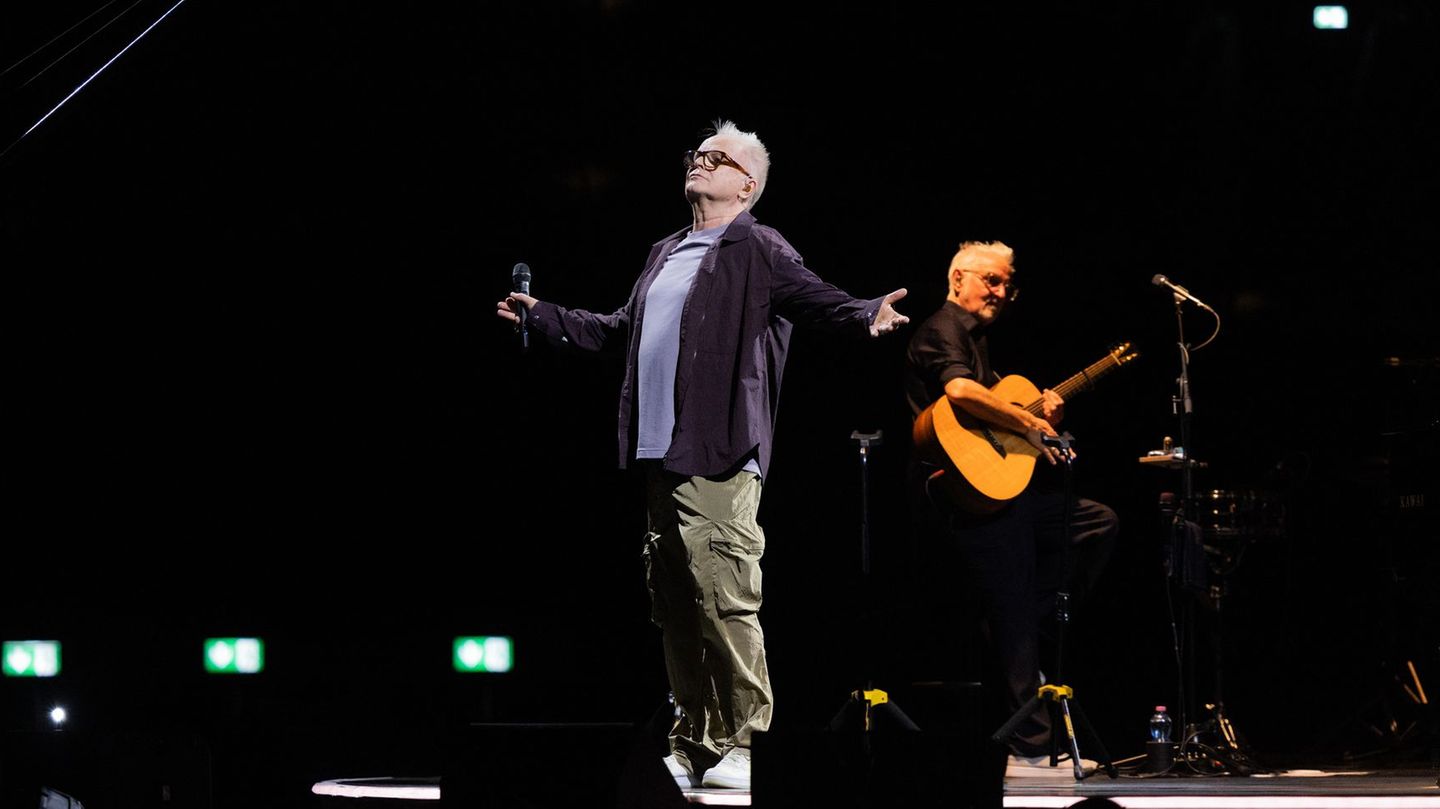The annual conference on climate change (COP29) opened this Monday with the approval of the rules for the market international carbon, after a long and tense negotiating session to approve the agenda.
The main objective of the Baku COP is the approval of new financing in favor of the most vulnerable countries.
Less than a week after the large electoral victory of Republican Donald Trump in the United States, The diplomatic atmosphere in Baku is tense, and the forecast is that few leaders will attend the traditional climate summit, which will take place on Tuesday and Wednesday.
The great annual climate event, under the auspices of the UN, takes place between now and Friday, November 22, as the world heads to break another temperature record.
“We are heading towards ruin. And these are not about future problems. Climate change is already here”warned at the opening of the COP29 president, the Minister of Ecology of Azerbaijan, Mukhtar Babaiev. “The moment of truth has arrived,” he added.
After this introduction, the almost 200 countries present in Baku had to approve their work agenda, but differences persisted throughout the day, until late into the night.
Finally, the countries approved the topics they will discuss and also, for the first time, the rules for international carbon markets, after almost a decade of discussions.
The new rules primarily concern countries – especially rich polluters – that seek to offset their emissions by buying credits from nations that have reduced greenhouse gases beyond what they had promised.
The adopted criteria regulate the methodology for calculating the number of credits that a given project can generate, as well as what happens if the stored carbon is lost, for example if the forest that served as backup burns down.
Trump’s skepticism
The carbon market rules had been pending approval since the historic 2015 Paris Agreement (COP21). And it is that Agreement, the basis of all the negotiations of the last decade, that the United States could abandon in January, when Trump assumes power.
The Republican president already did so during his first presidential term (2017-2021), a measure that Joe Biden immediately revoked when he replaced him.
“I want to tell you that although the federal government in the United States, under Donald Trump, may put climate action on the back burner, the work will continue, with passion and commitment,” said the Biden administration’s current special climate envoy, John Podesta.
Months of negotiations
COP29 must demonstrate that global cooperation “is not at a standstill”asked the head of the UN Climate Organization, Simon Stiell.
The COP29 in Baku has been informally called the “COP of financing”, because it must deal with the essential issue of the aid that the countries that contribute the most to the problem must provide to the most affected nations.
For months the nearly 200 countries in the Paris Agreement have negotiated a draft agreement to set a new amount of aid.
In 2009, at COP15 in Copenhagen, it was agreed that industrialized countries would provide 100 billion dollars annually, in direct aid or multilateral loans.
Transition
That amount of aid was reached two years late, in 2022, and now experts say that at least ten times as much is needed.
This aid must serve both to mitigate the emission of greenhouse gases, particularly through a gigantic global energy conversion, and in adaptation, that is, the construction of dams, the adaptation of homes to extreme temperatures…
A region like Latin America emits less than 10% of greenhouse gases, but it is one of the regions that suffers the most impact from global warming.
Financing the climate fight is not “charity” but “in the interest of everyone,” insisted Stiell, who called for an “ambitious” agreement.
In addition to the aid figure and schedule, nations must agree on who pays. In 2009, the group of countries that assumed the 100 billion dollars was just over 30, and China was left out.
Now the European Union and the United States, among others, want Beijing to assume part of the bill, which seems difficult.
China, the main gas emitter, has its own climate aid agenda. And on the other hand, it dominates large sectors of energy reconversion, such as rare metals.
Source: Ambito
David William is a talented author who has made a name for himself in the world of writing. He is a professional author who writes on a wide range of topics, from general interest to opinion news. David is currently working as a writer at 24 hours worlds where he brings his unique perspective and in-depth research to his articles, making them both informative and engaging.




